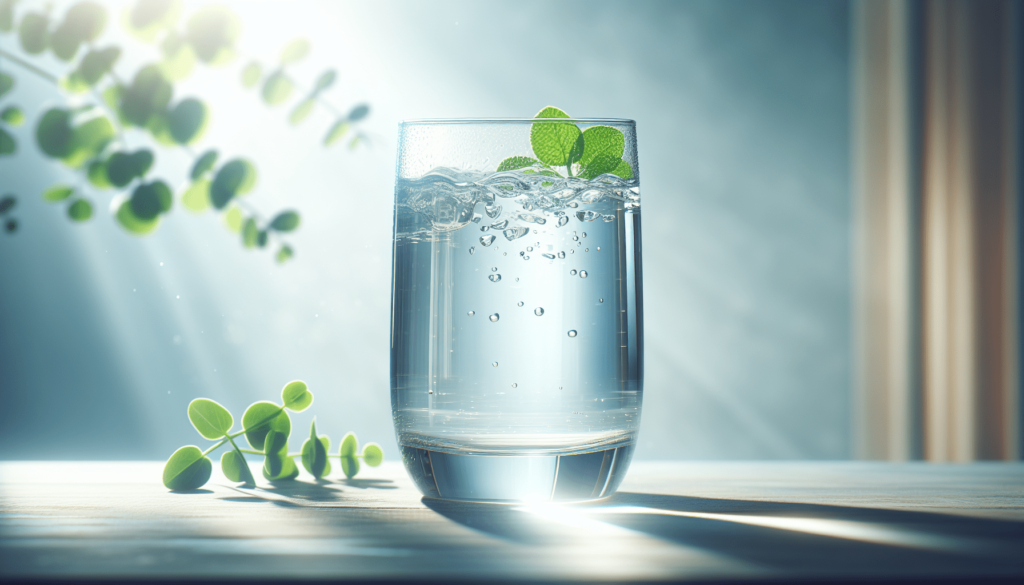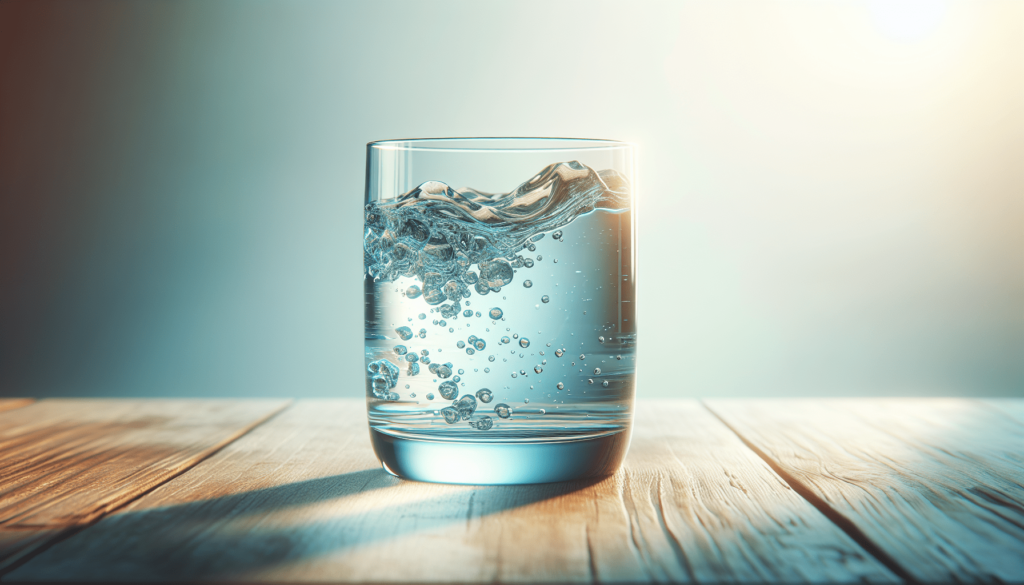Navigating the numerous opinions on daily water intake can seem like a daunting task, especially with all the varying advice out there. However, understanding just how much water you should be drinking each day is crucial for maintaining your health and optimizing your body’s functions. Whether you’re someone who hits the gym regularly, spends most of the day at a desk, or chases after toddlers, the amount of water you need can differ. This article breaks down the science-backed guidelines and considers different lifestyle factors that influence hydration needs, making it simpler for you to stay well-hydrated and energized throughout your day. Have you ever found yourself wondering just how much water you should be drinking each day? It’s a common question and for good reason. Water is crucial for your survival and has numerous health benefits. However, the amount you need can vary based on several factors such as your age, activity level, and the climate you live in.
Understanding the Importance of Water
Before diving into how much water you should drink, it’s important to understand why water is so critical for your health. Water makes up about 60% of your body weight and is essential for most bodily functions.
Why Your Body Needs Water
Your body uses water in all its cells, organs, and tissues to help regulate its temperature and maintain other bodily functions. Because your body loses water through breathing, sweating, and digestion, it’s crucial to rehydrate by drinking fluids and eating foods that contain water.
The Health Benefits of Hydration
Staying hydrated helps keep your joints lubricated, protects your spinal cord and other sensitive tissues, and assists in the removal of wastes through urination, perspiration, and bowel movements. Drinking adequate water can also improve your skin’s appearance, boost your cognitive functions, and enhance your overall energy levels.
How Much Water Should You Drink Each Day?
The amount of water you need can depend on various factors, including your health, how active you are, and where you live.
General Guidelines
Health experts commonly recommend the “8×8 rule,” which suggests drinking eight 8-ounce glasses of water a day, totaling about 2 liters or half a gallon. This is easy to remember and is a reasonable goal for many people. However, some experts advocate drinking water based on your body weight, suggesting you drink between half an ounce and an ounce of water for each pound you weigh.
Factors That Influence Water Needs
- Activity Level: If you engage in any activity that makes you sweat, you need to drink extra water to cover the fluid loss. It’s important to drink water before, during, and after a workout.
- Environment: Hot or humid weather can make you sweat and requires additional intake of fluid. Heated indoor air also can cause your skin to lose moisture during winter.
- Overall Health: Your body loses fluids when you have a fever, vomiting, or diarrhea. Drink more water or follow a doctor’s recommendation to drink oral rehydration solutions. Other conditions, such as bladder infections and urinary tract stones, require increased fluid intake.
- Pregnancy or Breast-feeding: If you are pregnant or breast-feeding, you may need additional fluids to stay hydrated and meet your and your baby’s needs.
A Closer Look At Hydration Needs By Age And Gender
According to the U.S. National Academies of Sciences, Engineering, and Medicine, an adequate daily fluid intake is:
For Men
- About 3.7 liters (or about 13 cups) of total beverages a day
For Women
- About 2.7 liters (or about 9 cups) of total beverages a day
These recommendations cover fluids from water, other beverages, and food. About 20% of daily fluid intake usually comes from food and the rest from drinks.

Staying Hydrated: Practical Tips
Knowing how much water to drink and actually doing it are two different things. Here are some tips on how to stay hydrated:
Track Your Intake
Keep a log of how much water you drink, or use a water-tracking app. Sometimes, tracking what you drink can make it easier to see if you meet your daily goals.
Spice Up Your Water
If you’re not a fan of plain water, add flavor to your pitcher. You can try adding slices of fruits, such as lemon, lime, cucumber, or watermelon, or add herbs like mint or basil.
Eat Water-Rich Foods
Consume fruits and vegetables with a high water content to help increase your hydration. Watermelon, strawberries, cantaloupe, peaches, and oranges have high water content. Cucumbers, lettuce, and celery are also great options.
Set An Alarm
Set reminders to drink water if you find yourself consistently forgetting to do it. A light pop-up on your phone or computer can prompt you to take a drink.
Match a Drink With Each Meal
It’s a good habit to have a glass of water with each meal. Not only does it help with digestion, but it also helps you get into the routine of drinking more water.
Conclusion
In conclusion, there isn’t a one-size-fits-all answer to how much water you should drink every day. Consider your own lifestyle, environment, and body’s needs when determining the right amount for you. Regularly checking in with your body for signs of dehydration—like dark urine, dry lips, and decreased energy levels—can also help. Remember, staying hydrated is crucial for your overall health and well-being.
No matter your daily water intake, the key is to keep it consistent and listen to your body’s cues. Here’s to your health and hydrated self!

